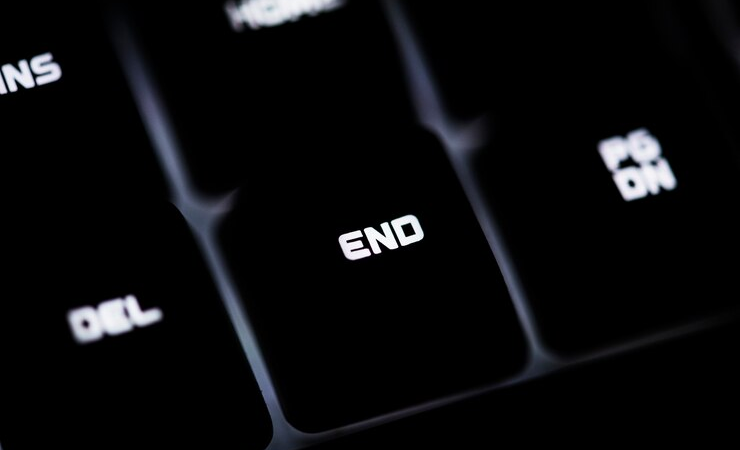When it comes to optimizing your Linux environment or transitioning away from PHP, thorough removal of PHP-related packages is essential. This guide will walk you through the step-by-step process of completely removing PHP from your Linux system.
Completely Removing PHP from Linux: Removing PHP Packages
To initiate the removal of all PHP-related packages, execute the following command in your terminal:
sudo apt purge 'php*'This command uses the `apt` package manager to purge, or completely remove, all packages with names starting with “php”. This ensures a comprehensive removal of PHP components from your Linux system.
Example:
Suppose you have PHP packages like `php7.4`, `php-cli`, and `php-common` installed. The command will remove these packages and any others matching the specified pattern.
Fortify your web hosting on Ubuntu.
Autoremove Unused Dependencies
To clean up and remove any dependencies that are no longer in use after removing PHP packages, utilize the autoremove command:
sudo apt autoremoveThis command automatically removes any packages that were installed as dependencies but are no longer needed. It helps in keeping your system tidy and optimized.
Example:
After purging PHP packages, there might be additional libraries or dependencies that were initially required by PHP but are now obsolete. The `autoremove` command ensures their removal.
Conclusion
By following these steps, you can seamlessly remove PHP and its associated packages from your Linux system, ensuring a cleaner and more efficient environment.
Whether you’re streamlining your server or exploring alternative technologies, a thorough removal process is key to maintaining a well-managed Linux setup. Experiment with these commands, tailor them to your specific needs, and embrace a PHP-free Linux experience.
